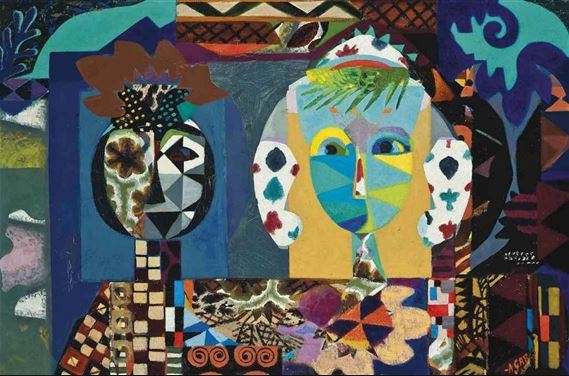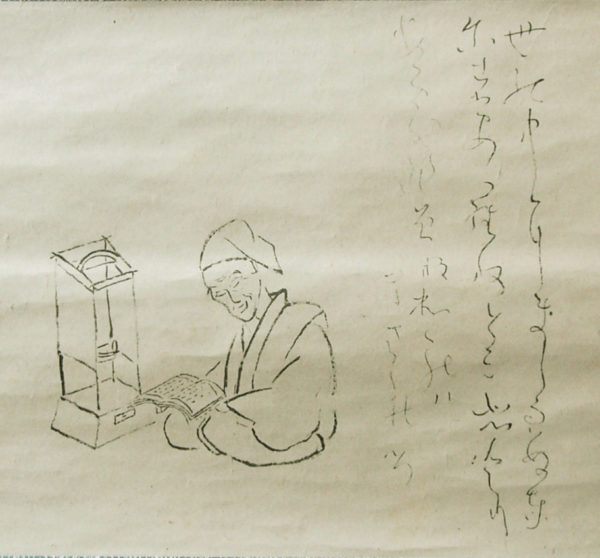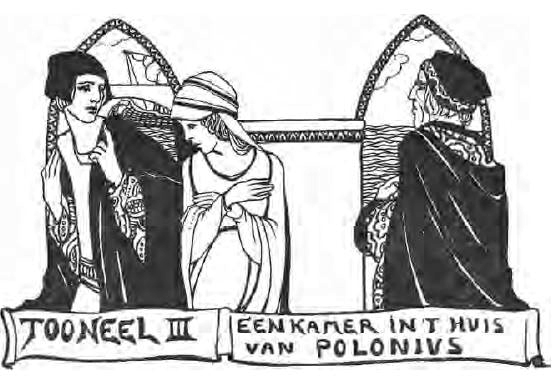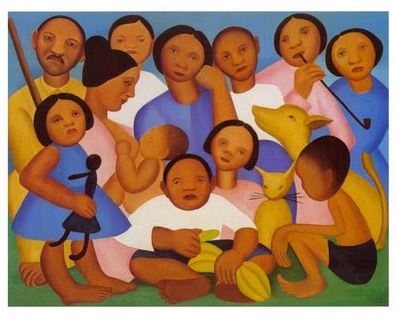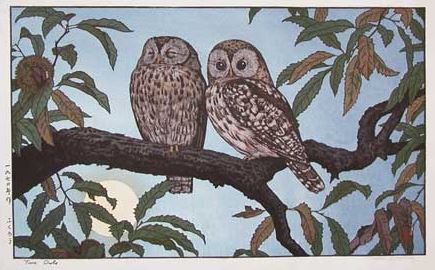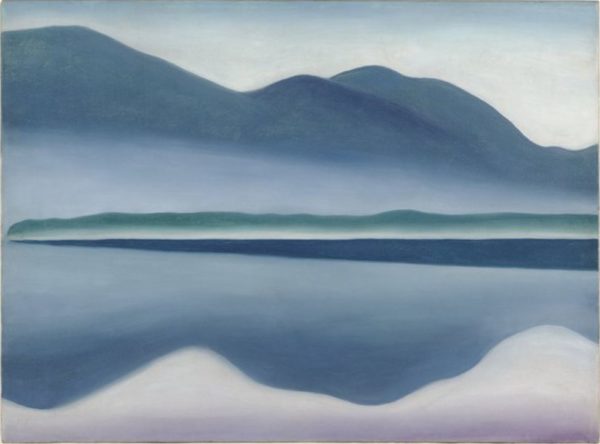Een monnik vroeg: Waar kan ik de geest zoeken die niet in woorden, namen of vormen te vatten is?
Bassui riep daarop meteen tot hem: ‘Eerwaarde monnik!’ Toen de monnik antwoordde zei de meester:
‘Wat is het dat antwoordt?’
Vrij vertaald naar: Mud and water- the collected teachings of zen master Bassui, Arthur Braverman, Wisdom Publications, Somerville, 2002; p117. Afbeelding: Lewis Carroll with Alice, Eileen Agar, 1961.
